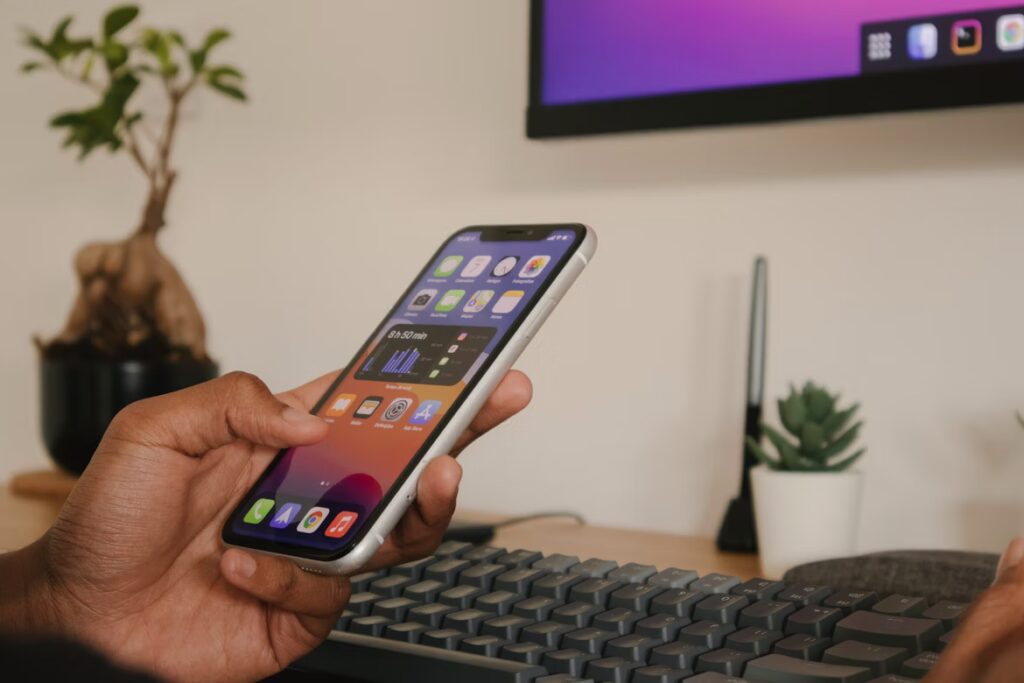How to Limit Distractions and Stay Focused
By Finlay Gilkinson – 02/09/2025
In today’s fast-paced world, staying focused can feel like an uphill battle. Notifications, endless browser tabs, and the lure of social media can derail even the best intentions. But with a few practical strategies, you can minimize distractions and boost productivity. Here’s a guide to help you stay on track.

1. Create a Dedicated Workspace
Having a specific area for work signals to your brain that it’s time to focus. Keep this space clutter-free and separate from areas where you relax or socialize.
Quick Hack: If you work from home, avoid working on your bed or couch—reserve those for rest.
Tip: If possible, set up a desk in a quiet corner away from high-traffic areas. Use noise-canceling headphones if you’re in a noisy environment.
2. Tame Digital Distractions
Technology is a double-edged sword—it’s essential for work but also a major source of interruptions.
3. Prioritize Tasks with Time Blocking
Time blocking involves scheduling specific chunks of time for tasks, reducing the temptation to multitask.
4. Practice the Pomodoro Technique
This method uses short, timed work sessions to maintain focus and prevent burnout.
5. Manage Your Energy, Not Just Your Time
Your focus depends on your mental and physical energy.
6. Set Clear Goals
Knowing exactly what you need to accomplish reduces the urge to get sidetracked.
7. Limit Social Interruptions
Colleagues, friends, or family can unintentionally disrupt your flow.
8. Practice Mindfulness
Training your mind to stay present can significantly improve focus over time.
9. Declutter Your Mind
Mental clutter—like worrying about unfinished tasks—can be as distracting as physical clutter.
10. Reward Yourself
Positive reinforcement can motivate you to stay focused.
Long-Term Motivation: Keep your bigger goals in mind to stay committed, like finishing a project to earn a promotion.
Small Wins: Celebrate completing tasks with small rewards, like a coffee break or a quick walk.
Conclusion
Limiting distractions is about creating an environment and mindset that support deep focus. Start small—pick one or two strategies from this list and build from there. Over time, these habits will become second nature, helping you achieve more with less stress.
Ready to find the perfect job?
Our team of experts work with an extensive network of employers. Submit your CV to ensure you’re a part of our network of talented candidates and we’ll make you aware of opportunities before they are even posted.
